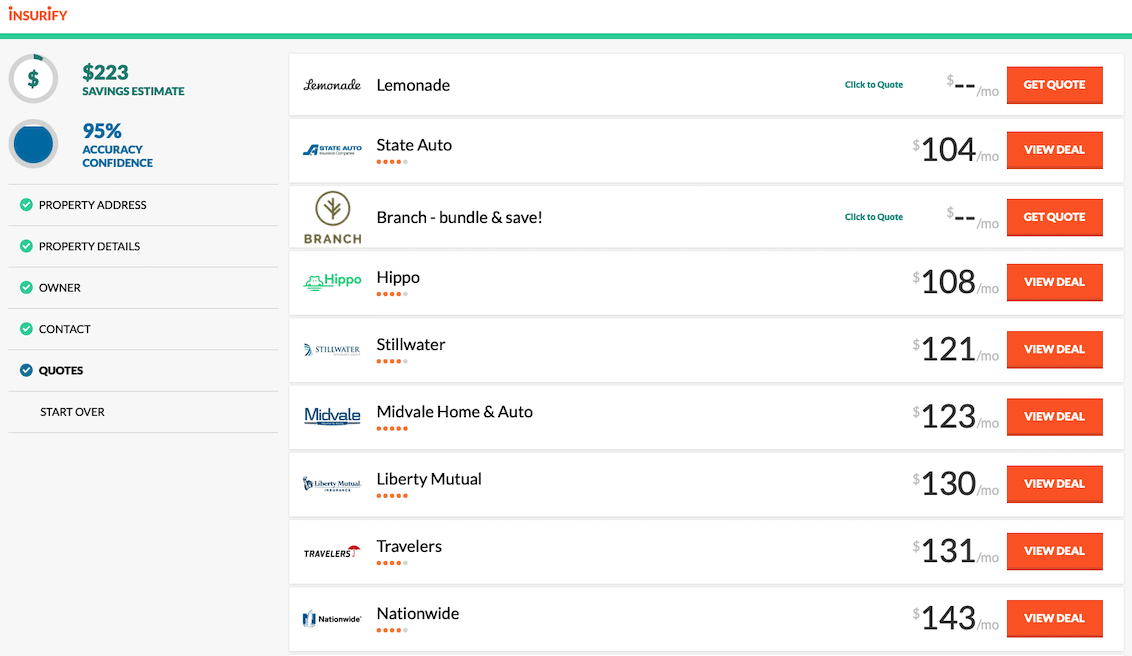
What is a premium tax credit (PTC)?
The Premium Tax Credit is a federally-funded program that lowers insurance premiums for those who purchase their coverage through the Health Insurance Marketplace. The credit is available to individuals and families with incomes that are below the federal poverty line who also meet other criteria.
How does it Work?
When you apply for health insurance through the Marketplace, you estimate your family's income so that your insurer can determine the amount of the premium tax credit you'll receive. This credit is then transferred directly to the insurance company and lowers your monthly premium costs.
If you qualify for premium tax credits, you will be sent a statement called 1095A by your insurer when you buy your policy. This form reports your premium tax credit amount to the IRS.
Your premium tax credit will be based upon your estimated household earnings and the size and number of dependents in your tax family. This includes you, your spouse (if you're filing a joint tax return), and your children. Your premium tax credits will change if either your income or the size of your tax family changes.

What happens if you end up with more income than you expected?
You may be required to repay part or even all of the premium tax credit if your income increases during the course of the year. The maximum amount that you can pay back is capped at 400 percent of your household's income. This is also known as "the clawback."
What happens when your income changes?
Marketplace should be notified of any change in your income as quickly as possible. This will help you avoid paying back excess premium tax credit at the end of the year.
The amount you must repay will depend on your income level and whether your income exceeds the poverty threshold. These rules are explained in the instructions of Form 8962 which is used for reporting information about the offsets to be claimed to the cost to purchase health insurance on the Health Insurance Marketplace.
What is Form 8962?
The amount of the advance premium credit you received in 2021 will be reported on your tax return. The amount that you will have to reimburse depends on the results from the reconciliation of your 2021 advance premium tax credit with the premium credit for the year.
The Form 8962 is used to reconcile the credit for advance premiums you received in 2021. This form is available on the IRS or state websites.

IRS requires that you also report the results from the reconciliation of any advance premium credits you received for 2021. This will appear in your 2021 federal return on Part III, Line 29.
There are a few exceptions. Your household income must be above 138% poverty level in a non-ACA state or you may have received unemployment compensation in whichever week of 2021. However, these exceptions only apply to income that was reported on your taxes for 2021.